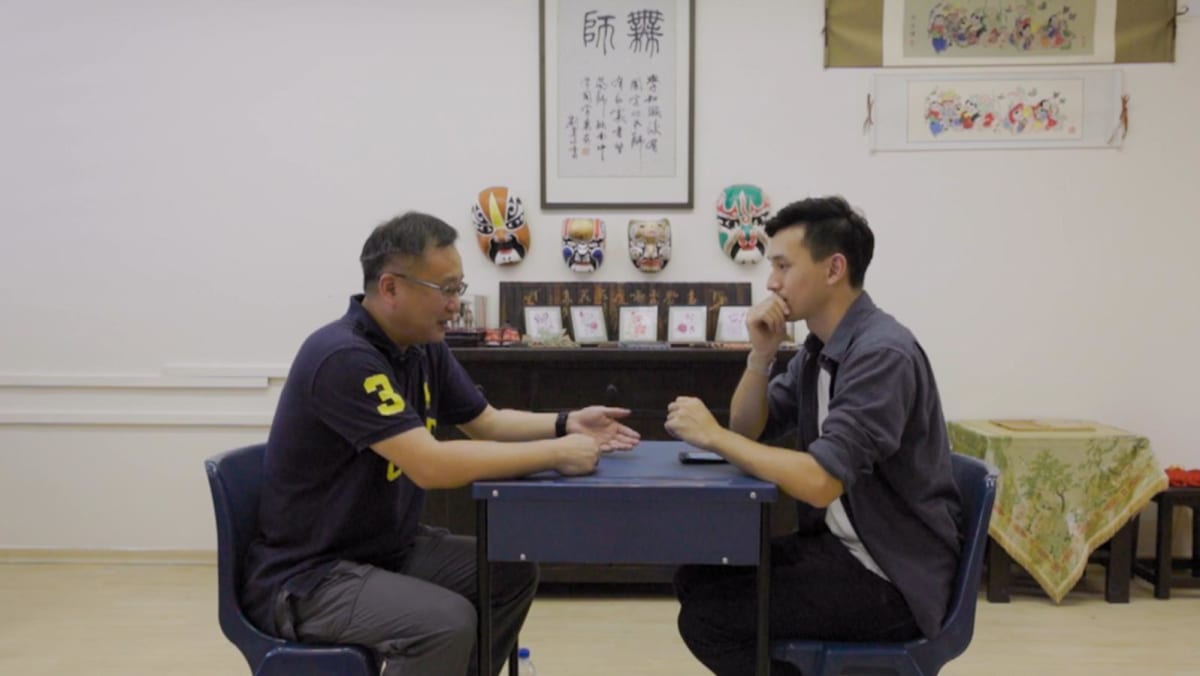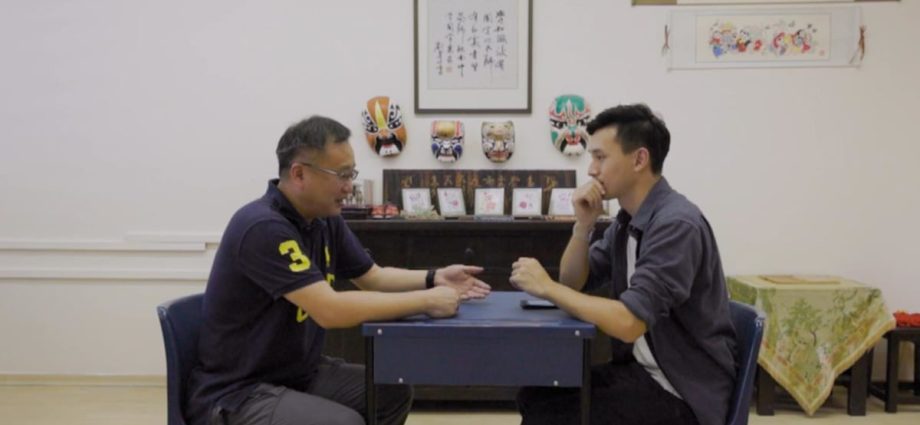
ACCEPTING FEELINGS OF INADEQUACY
The most immediate discomfort to re-learning my mother tongue came from the absurdly high frequency of basic mistakes I made.
It felt as though as I lost the ability to communicate. My thoughts were sluggish and my speech slurred. Reactions to my poor choice of words or sentence construction were tempting invitations to switch back to my dominant language, English.
Feelings of inadequacy like these would paralyse even the most motivated learners. We can try to quell it by force, to study relentlessly to the point where we feel capable. But with languages being so rich and complex, it is humility rather than prowess that would sustain our learning journey.
Such wisdom was bestowed to me by one of my many mentors, who include family, friends and strangers I met online. While coming from all walks of life, a common trait among these “teachers” was their patience in allowing me to make mistakes as I tried my best to communicate with them in Mandarin.
Whenever I practised Mandarin with them, they waited for me to stutter through my attempts, correcting me only when I finished speaking. I felt like my efforts were acknowledged, which encouraged me to keep engaging in the language despite the steep learning curve.
There is sound reasoning behind this. In his commentary, Daniel Chan, Assistant Dean of NUS Centre for Language Studies, explained that the theory of aggregate marginal gains, in which making a 1 per cent daily improvement would mathematically lead to a 38-fold improvement after a year, can be applied to learning languages.
I can attest this theory holds true. Through consistent self-study, I went from not knowing the Chinese character for “chicken” to writing a 900-word composition for my O-Level exam.
My former CLB teacher, Mr Wen, said it best: “The key to sustaining your learning is that you are neither afraid of mistakes nor in a rush to see results.”

